What is Forex?
Before 1971, speculation was not permitted in the currency markets due to an agreement called the Bretton Woods Agreement. This agreement was set up in 1945 to stabilize international currencies and prevent money from fleeing across nations. This agreement fixed all national currencies against the dollar and set the dollar at a rate of $35 per ounce of gold.
In 1971, the Bretton Woods agreement was finally abandoned, and the US dollar was no longer convertible to gold. By 1973, the currencies of the major industrialized nations were floating more freely, helped by the forces of supply and demand. Prices were set, with volumes, speed, and price volatility increasing during the 1970s. This paved the way for new financial instruments, market deregulation, and open trade. It also led to a rise in the power of speculators.
Accelerated with the arrival of computers during the 1980s, money movement across borders became a continuum, trading through the Asian, European, and American time zones. The big banks created dealing rooms where hundreds of millions of dollars, euros, pounds, and yen were exchanged within minutes.
London has developed to become the world’s leading international financial center and is the world’s largest forex market. In the 1980s, it became the key center in the Eurodollar market when British banks began lending dollars as an alternative to pounds to maintain their leading position in global finance. London’s convenient geographical location (operating during Asian and American markets) is also instrumental in preserving its dominance in the Euro market.
Forex (Foreign Exchange)
Forex means foreign exchange. Sometimes it is also called FX. A simple way to understand the forex market is to think of it as changing money when you travel abroad. When you change money, you sell one currency and buy another at the current exchange rate. This is because the value of your currency is not equal to the value of the currency you wish to buy. You have traded currency, which is very similar to forex trading.
Currencies constantly need to be exchanged to conduct business. This makes the forex market one of the largest financial markets in the world. The daily volume of trades on the London Stock Exchange is USD 7 billion, whereas the daily volume on the Forex market was $5.3 trillion in April 2013, according to the BIS triennial report.
Where is Forex located?
Unlike other financial markets, the forex market has no central location or exchange. The market is so large that it is unlikely to be affected by one person or one company; it takes much bigger processes to influence the market direction. It works almost the same way as the internet does (the World Wide Web). That means that each order from any trader is executed in a global network of demand and supply, called the ECN network (Electronic Network of Banks). That fact adds reliability and transparency to forex trading transactions.
What is forex trading?
Forex trading is the simultaneous buying of one currency and the selling of another. When you trade forex, you can trade with a broker through a trading platform. Currencies are always traded in pairs, for example, GBP/USD (trading the British pound against the US dollar). The first currency in the pair is known as the “base” currency, and the second one is the “quote” currency. They are also often referred to as “buy” and “sell” or “offer” and “bid”.
Daily currency fluctuations are usually very small. Most currency pairs move less than one cent per day, representing a less than 1% change in the value of the currency. This makes foreign exchange one of the least risky financial markets in the world.
The major currencies
Internationally, eight currencies are traded more than other currencies. These are often referred to as “majors”. Here is a list of them below:
1. USD (United States Dollar)
2. EUR (European Currency Unit)
3. JPY (Japanese Yen)
4. CHF (Switzerland Dollar)
5. GBP (British Pound)
6. AUD (Australian Dollar)
7. CAD (Canadian Dollar)
8. NZD (New Zealand Dollar)
Forex market participants
The most important Forex market participants are:
1. Central and Commercial Banks
2. International Trade Companies
3. Forex Brokers (ECN, STP, and Dealing-Desk Brokers)
4. Large, medium, and small institutional investors (i.e., investment companies, etc.)
5. Common Retail Traders
6. World Travelers
Forex Brokers
Currency traders use brokers to access the 24-hour currency market. A Forex broker is an intermediary between you and the “interbank” (networks of banks that trade with each other). Typically, a forex broker will offer you a price from the banks that it is related to. Many forex brokers use multiple banks for pricing, and they offer you the best one available. Besides, brokers provide traders with access to a trading platform that allows them to buy and sell foreign currencies.



